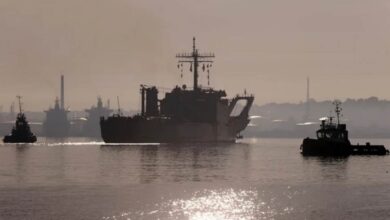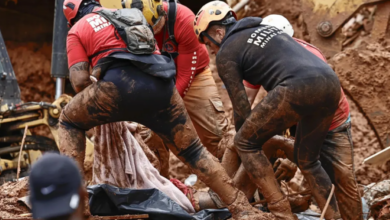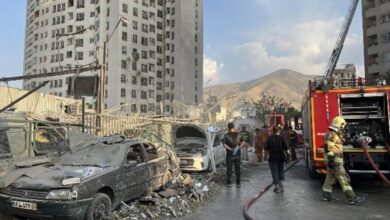Brazil’s rivers warning: the threat of agrotoxins and environmental disasters
Listen this article
The Sisagua affirms that one of every four municipalities of Brazil presents in its water supply systems a mixture formed by more than 27 types of agro-toxins

Brazil is the country with the largest amount of potable water in the liquid state of the planet, important rivers flow throughout the territory and give life to the largest tropical forest on the globe whose 75% of its total area lies between the Brazilian borders. Rivers such as the Amazon, Solimões and Rio Negro, among others, are responsible for the maintenance of the ecosystem as well as the climate of the whole country and the world, even for the levels of salinity and currents in the South Atlantic.
Leer en español: Alerta ríos de Brasil: la amenaza de los agrotóxicos y de los desastres ambientales
Water resources are also vital for the generation of energy in the country and correspond to more than 75% of the Brazilian energy matrix, according to data from the National Electric Energy Agency, in addition to its essential role for agriculture and livestock in one of the largest food producers in the world.
Such a valuable and strategic resource for the country should have a strict policy for its exploitation, maintenance, and long-term sustainability. However, the actions of the Brazilian government, led by ultra-right and anti-environmentalist President Jair Bolsonaro, are on the alert to the international community and environmental experts.
A study by the NGO, SOS Mata Atlántica, reports that Brazil's rivers are in danger due to pollution, both in cities and in the countryside, caused by the lack of treatment and the use of agro-toxins. Only 6.5% of the water collected in 220 rivers in the country have reasonable rates, compared to 53 rivers declared contaminated and unfit for consumption or used in agriculture.
Read also: Sustainable agriculture: this is how Orinoquia's production will be
According to information from the Water Quality Information and Surveillance System for human consumption (Sisagua), one out of every four municipalities in Brazil has a mixture of more than 27 types of pesticides in their water supply systems. The situation tends to get worse thanks to the approval of the Brazilian government of more than 450 types of pesticides, some of which, like Sulfoxaflor or glyphosate, was banned in the United States and European Union countries.
Another threat to the rivers of Brazil are the more than 839 dams of solid and chemical waste from mines and factories scattered throughout the territory. Of these, 204 present an imminent risk of total collapse as occurred with the rupture of the Mariana dam in 2018, or with the Brumadinho dam in January this year, both of which produced more than 170 fatalities in addition to the pollution and death of thousands of fish in the Doce and Paraopeba rivers. The tragedy affected the marine ecosystem of the Protected Islands of Abrollos in the case of the Doce River and the San Francisco River basin (the largest river in Brazil after the Amazon) in the Paraopeba River incident.
Brazil's current environment minister, Ricardo Salles, is accused of benefiting the agribusiness and of neglecting the policies of preservation and protection of the environment. The fact of the country refusing to hold the United Nations meeting for the Environment has put Brazil in the middle of international criticism accusing the Latin American giant of ceasing to be a leader in environmental issues to become a danger for the preservation of the environmen planet and the goals of the UN.
Other bills, such as the one that frees the hunting of wild species or that eliminate the demarcation of indigenous territories and that process the Brazilian congress, also warn that not only rivers are threatened but nature is seen as an enemy for the Government of Bolsonaro.
LatinAmerican Post | Wesley Guerra
Translated from "Alerta ríos de Brasil: la amenaza de los agrotóxicos y de los desastres ambientales"





